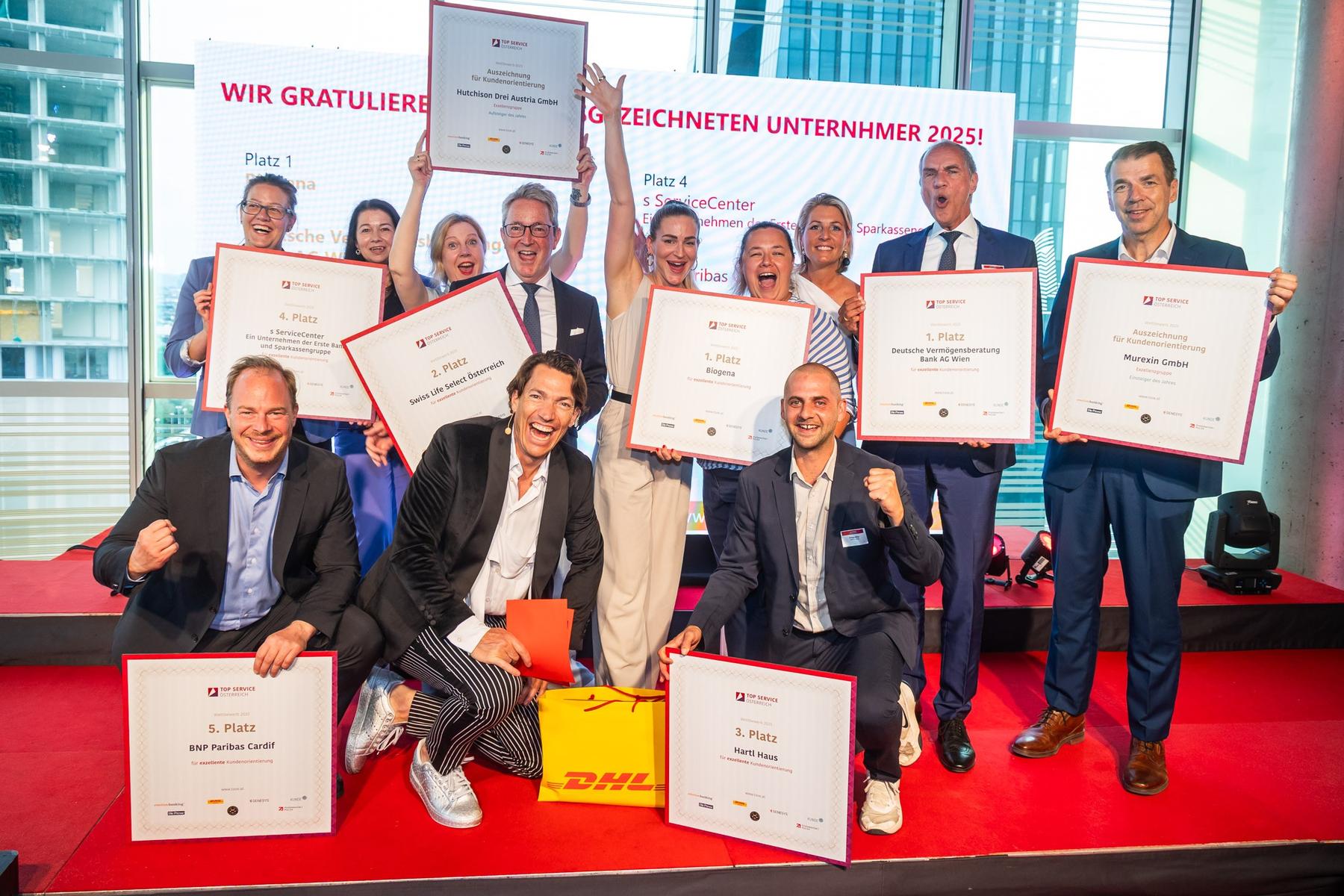In the trade war between the US and China, the battle for earth metals stands out
/s3/static.nrc.nl/images/gn4/stripped/data131040408-68fd35.jpg|https://images.nrc.nl/F_D2o7V_8Gjvfz7_RnvO3HUfD_Q=/1920x/filters:no_upscale()/s3/static.nrc.nl/images/gn4/stripped/data131040408-68fd35.jpg|https://images.nrc.nl/cVcY5WWUolV5KwtHc9R6l8Cj-Fc=/5760x/filters:no_upscale()/s3/static.nrc.nl/images/gn4/stripped/data131040408-68fd35.jpg)
In the trade war that relaxes between the United States and China, the measures surrounding a trade flow are particularly striking: critical raw materials, such as rare earth metals, which are important for, among other things, the car and aviation industry. And Europe is also sucked into this battle.
After US President Donald Trump had announced enormous taxes on Chinese products at the beginning of April, China hit back by curbing seven earth metals. No taxes, but concrete export restrictions, on important materials. Striking: the limitations of China apply to exports to all countries – including to Europe.
Last week Trump came over it again. He announced that he would start an investigation into how the United States can become less dependent on abroad in the field of critical raw materials. According to the White House, the US is « heavily dependent on foreign powers, in particular non-free countries, for these essential materials. » Specific levies for these materials were explicitly an option – which can have major consequences for all kinds of sectors, not least the American defense sector.
1 What exactly is going on?
For seven of the total of seventeen rare earth metals, China has announced that from now on an export permit is required. For the introduction of that system, the country says it needs time, about 45 days, which means that exports are currently still. This also applies to a number of magnetic types that are made based on these earth metals.
It is about relatively unknown names such as Lutetium, Dyprosium and Samarium – but they are crucial in many production processes. For example, Lutetium is in PET scanners, Dyprosium in engines of electric cars, and many rare earth metals find their way to defense applications, for example in sensors and laser systems. Because the materials can withstand great heat, they are attractive for products that must function under extreme conditions.
Rare earth metals are a subgroup of what are called ‘critical minerals’: elements that are crucial for a huge series of products, but whose extraction and processing are relatively difficult. You do not get them out of the ground as large chunks of coal, but the materials are often connected and difficult to separate. This denominator also includes slightly more famous names such as Gallium, Graphite and Lithium, which are needed for batteries, among other things. China has already introduced export restrictions on some of these materials.
The latter, however, have more suppliers worldwide than China, which is the dominant supplier of rare earth metals. For example, the US only get 3 percent of their lithium imports from China, thus The New York Times.
2 How much impact does this have?
Depending on how China is in the coming months, the consequences can be great for Europe and the US. Rare earth metals have many applications, especially in the defense industry, the chip industry and the car industry. They are in F-35 fighter jets and submarines, often in significant quantities: for example, there is more than 400 kilograms of rare earth metals in an F-35. In American media, worrying reports about The consequences for the US Armywhen the production of defense material is at stake.
If you are just at the end of your imported container, your factory can come to a standstill
For the companies involved, it is now especially important how much stock they have to get through every 45 days, says Benjamin Sprecher, industrial ecologist at TU Delft. « Are you just at the end of your imported container, then your factory can come to a standstill. » It is known, however, that the Pentagon also has stocks of earth metals, although it is not clear how large they are.
The question is what happens after 45 days. Will the trade start again, albeit with export permits? Continues to block China Export? « That is still unclear, » says Irina Patrahau, who follows earth metals for The Hague Center for Strategic Studies. « It is also possible that this is a way for China to show what power they have. » China now makes it clear that the shadow of the country hangs over the American defense sector.
If the trade is also limited in the longer term, problems can certainly occur – also for Europe, says Patrahau. « Think of all the planned wind farms, the production of electric cars, new orders for military systems – they all need rare aar of stalls. »
3 Can countries get these materials in other ways?
That is difficult. China has by far the most capacity to process these metals, for example due to refining: a crucial step to make the material usable. With some earth metals ‘it is in fact a monopoly’ in the field of processing, says Patrahau. Rare earth metals that are extracted in Australia, for example, often go to China for processing. « Just opening a mine is therefore not a solution. »
In fact, the rare earth metals occur in quite a few places; Despite the name, they are not very rare. A few decades ago the US was still big in winning and processing rare earth metals, but there is almost nothing left of that. The polluting and little profitable production in particular disappeared to China, which was full of it.
The US itself has one mine for rare earth metals, in Mountain Pass, along the highway between Las Vegas and Los Angeles. It accounts for just over 10 percent of the worldwide production of rare earth metals. But the US processing capacities are still very limited, According to researchers from the Center for Strategic and International Studies (CSIS) In an analysis.
The Mountain pass-my-mine about two thirds of the production to China for processing, according to The Wall Street Journal.
In recent years, hundreds of millions of dollars have been flowing to the development and setting up of a chain for mineral and metal production in the United States, but this is not yet operational. Plans for a processing factory in Texas have been delayed for years.
It is also possible that this is a way for China to show what power they have
The European Union is struggling with a similar dependence on China and slow upscaling of its own processing capacities. The Belgian Chemical Concern Solvay announced after the Chinese measures In a French factory, wanting to scale up the capacity for processing earth metals, so that in 2030 it can meet 30 percent of European demand. The European Union also has plans for its own mines, but just like in the US, they still need a lot of time.
Industrial ecologist Sprecher: « Just like the US, Europe aims to be less dependent on China for its raw materials, but the individual member states who have to implement that goal are long in research. »
As far as sprecher is concerned, countries should also adjust the design of products so that fewer raw materials are needed. « Often alternative designs are possible. You can make a magnet heat -resistant with the dysprosium, on which China has now set an export ban. But you can also improve the cooling around the magnet, so you no longer need the dysprosium at all. »
That is already happening in Japan. « The government says to companies: if you use critical raw materials in your product, then you have to keep stocking for a few weeks. Then companies will automatically think better about whether they cannot simply be able to design those raw materials because it is so much hassle. » According to him, Japan learned from a situation in 2010: then China stopped seven weeks with the export of rare earth metals to the country, after a diplomatic riot.
4 How did the US respond?
Nobody explicitly linked it to China’s measures, but on Wednesday the Trump government announced That she has research conducted into supply chains of critical minerals: a larger group, so, than just rare earth metals. The intention is to become less dependent on other countries. Latings would be an option, the government said. (The high levies that Trump has introduced on products from China already apply to rare metals.)
It is clear that these types of metals and minerals are on the retina of Trump. His obsession with Greenland also testifies to this, which has many supplies. And with Ukraine he wants to close a deal where the US gains access to Ukrainian mines. The two countries signed on Thursday an important declaration of intent for this.
The world should not be surprised if conflicts about these raw materials further escalate, experts say. China has often shown that it is not a good thing to use critical raw materials as a means of power, such as in 2010 against Japan. Patrahau from The Hague Center for Strategic Studies: « And a few years ago they already introduced limitations on exporting technology needed to win these materials. You really can’t say that the news was now as a surprise. »

/s3/static.nrc.nl/images/gn4/data133317775-d0126f.jpg)
:format(webp)/s3/static.nrc.nl/bvhw/wp-content/blogs.dir/114/files/2021/11/trujilo-vierkant.png)
/s3/static.nrc.nl/images/gn4/stripped/data133311162-89da16.jpg|https://images.nrc.nl/0GhfYXflp44vL8qLyvwS0lBuz-I=/1920x/filters:no_upscale()/s3/static.nrc.nl/images/gn4/stripped/data133311162-89da16.jpg|https://images.nrc.nl/eiTEPfNVErZvLkKwpzeS_a75FXk=/5760x/filters:no_upscale()/s3/static.nrc.nl/images/gn4/stripped/data133311162-89da16.jpg)




